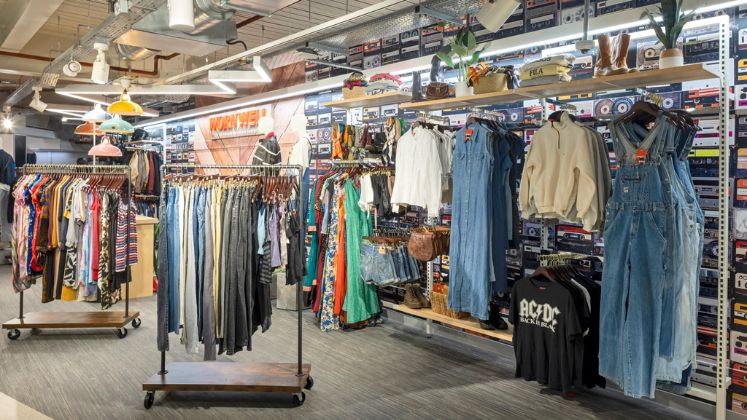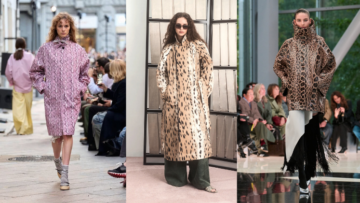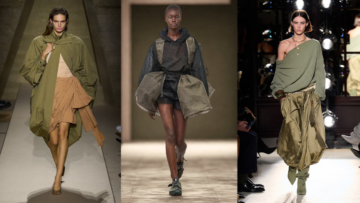
Industry analysts suggest that retailers dealing in secondhand clothing, footwear, and accessories could benefit from President Donald Trump’s trade war, even as businesses across sectors work to minimise potential damage.
Although American fashion has a global impact, almost all domestically sold apparel is manufactured elsewhere. The Yale University Budget Lab reports that US tariffs have a particularly heavy impact on leather products, causing short-term price surges of up to 87 per cent for leather goods and 65 per cent for apparel.
These price increases can push budget-conscious consumers to thrift shops, consignment boutiques, and internet resale sites in quest of deals or a method to make money off of their wardrobes. Used goods are less expensive than new ones, and they would only be liable to taxes if they were imported.
Platforms for resale are already changing to take advantage of the situation. Some are focussing more on authentication services, premium offerings, and customer experience, presenting themselves as a sustainable option as well as a value alternative, while others have observed an increase in listings and buyer activity as tariffs approach.






